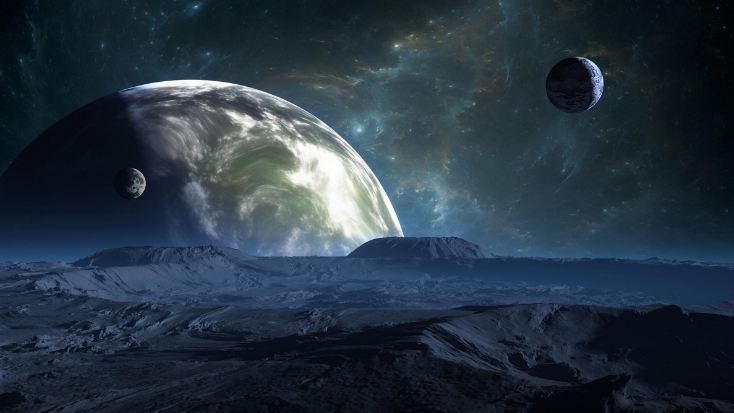A recent study discusses how more planets could produce atmospheres full of water and keep them, too. Such insights could help our search for other habitable worlds, similar to Earth.
Scientists based their work on what they know about Earth and other planets in our Solar System. Previous beliefs and theories are now challenged.
Here is what you need to know.
Water-rich Atmospheres and More Chances to Life
So far, scientists have detected many rocky planets, but they believed most of their atmospheres are lost. New research aims to change that belief, shedding light where nobody ever thought is possible.
The team’s work

A team of researchers came up with an intriguing mechanism whereby some planets could do more than develop atmospheres. Thye could finally be able to keep them. How is this possible?
Edwin Kite, an assistant professor, released a statement explaining the entire process. He said:
“Our model is saying that these hot, rocky exoplanets should have a water-dominated atmosphere at some stage, and for some planets, it may be quite a long time.”
Furthermore, the team deduced that lots of planets most likely start as giant planets with hydrogen-rich atmospheres. Later, they would lose that hydrogen when a nearby star explodes.
Finally, the star would take away all the hydrogen, and the water would take its place. Eventually, the planet would be left with a water-rich atmosphere for billions of years.
What’s Next?
Scientists need now to test that hypothesis. One of the methods includes the James Webb Space Telescope, scheduled to begin its mission soon.
The telescope will have to measure the structure of an exoplanet’s atmosphere and detect any planet with water in its atmosphere.
Another way to verify that hypothesis is to search for indirect signs of atmospheres. What does this mean? Most rocky planets are tidally locked, so they always have one side cold and the other hot.
More details will be available as the James Webb Space Telescope begins its mission.













Leave a Reply